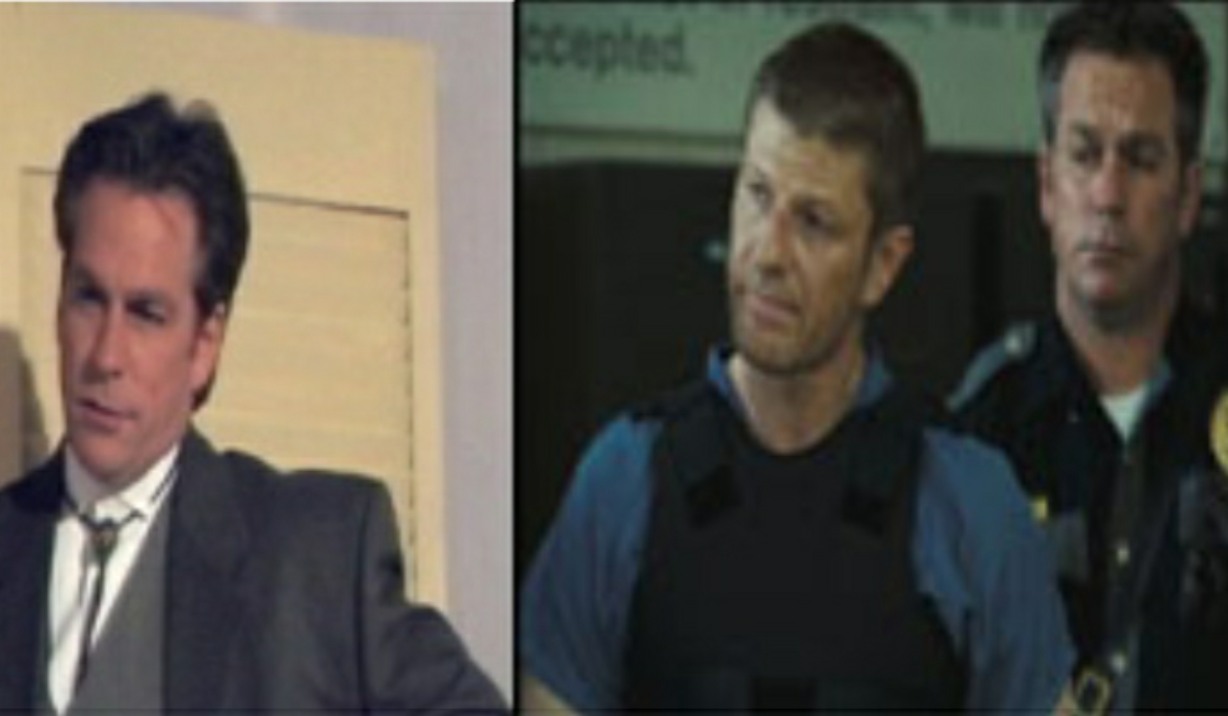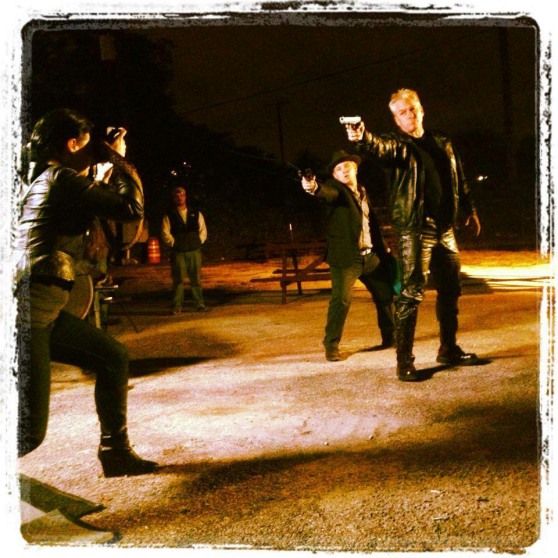
Ah, my fellow cinephiles, today we embark on a journey through the hallowed halls of cinema, where the realms of art films and high concept films converge and diverge like two ships passing in the night. Picture this: a dimly lit theater, the scent of popcorn wafting through the air, as we unravel the enigmatic tapestry of visual storytelling. So grab your popcorn and settle in, for we are about to embark on a cinematic odyssey unlike any other.
Let us first turn our gaze to the world of art films, where the boundaries of narrative convention are but mere suggestions, and the canvas of celluloid is painted with the brushstrokes of imagination. In the realm of art films, directors are akin to modern-day alchemists, transmuting raw emotion and abstract concepts into visual poetry that dances across the screen.
In an art film, the journey is often more important than the destination. These films eschew traditional plot structures in favor of meandering narratives that invite viewers to ponder the deeper mysteries of existence. Dialogue is sparse, replaced instead by lingering shots and haunting soundscapes that linger in the mind long after the credits have rolled.
But what sets art films apart is their willingness to delve into the darker corners of the human psyche, exploring themes of alienation, existential dread, and the ephemeral nature of reality itself. Directors such as Ingmar Bergman and Andrei Tarkovsky are revered in this realm, their films serving as portals to worlds beyond our own.
And yet, as we drift deeper into the cinematic abyss, we encounter another beast entirely: the high concept film. If art films are the poets of cinema, then high concept films are the raconteurs, spinning tales of grandeur and spectacle that dazzle the senses and captivate the imagination.
Not all High Concept Movies are Good, but Many Art Films make money an Excuse.
Craig Rainey
In a high concept film, the premise is king. These films are built around a central idea or "hook" that grabs the audience's attention and refuses to let go. Whether it's a giant ape scaling the Empire State Building or a time-traveling DeLorean racing through the streets of Hill Valley, high concept films are defined by their ability to distill complex ideas into easily digestible nuggets of cinematic gold.
But make no mistake, my friends, high concept films are not mere popcorn fodder. Behind the explosions and special effects lies a beating heart of storytelling prowess, as directors weave intricate narratives that keep audiences on the edge of their seats until the very end. These films are designed to entertain, yes, but they also offer glimpses into the human condition, exploring themes of heroism, redemption, and the triumph of the human spirit.
As we navigate the choppy waters of cinema, it's easy to get lost in the dichotomy between art films and high concept films. But perhaps, dear reader, the true beauty lies in their contrast. Like yin and yang, these two genres complement each other, offering different perspectives on the same canvas of storytelling.

Finding Harmony in Contrast
In the end, whether you find yourself drawn to the haunting beauty of an art film or the adrenaline-fueled excitement of a high concept thriller, one thing remains clear: cinema is a vast and wondrous landscape, filled with infinite possibilities and untold stories waiting to be told. So let us raise our glasses to the directors, the storytellers, and the dreamers who continue to push the boundaries of what cinema can be. For in their hands, the silver screen truly becomes a window to the soul.
- Art Films
- High Concept
- Entertainment
Latest Articles
Daily Newsletter
Get all the top stories from Blogs to keep track.









Post a comment